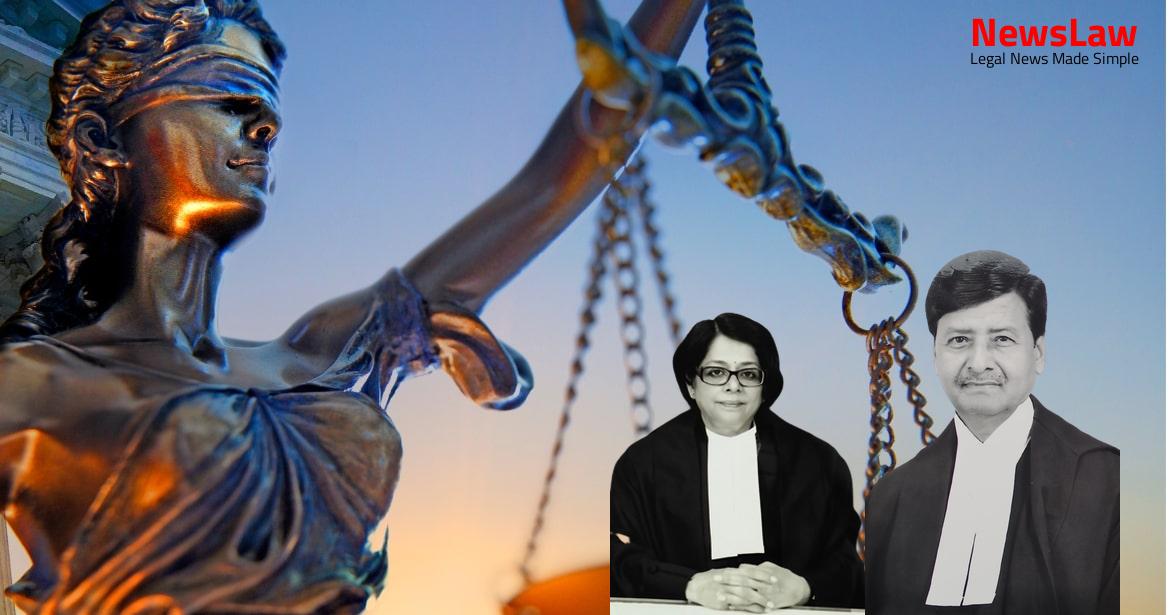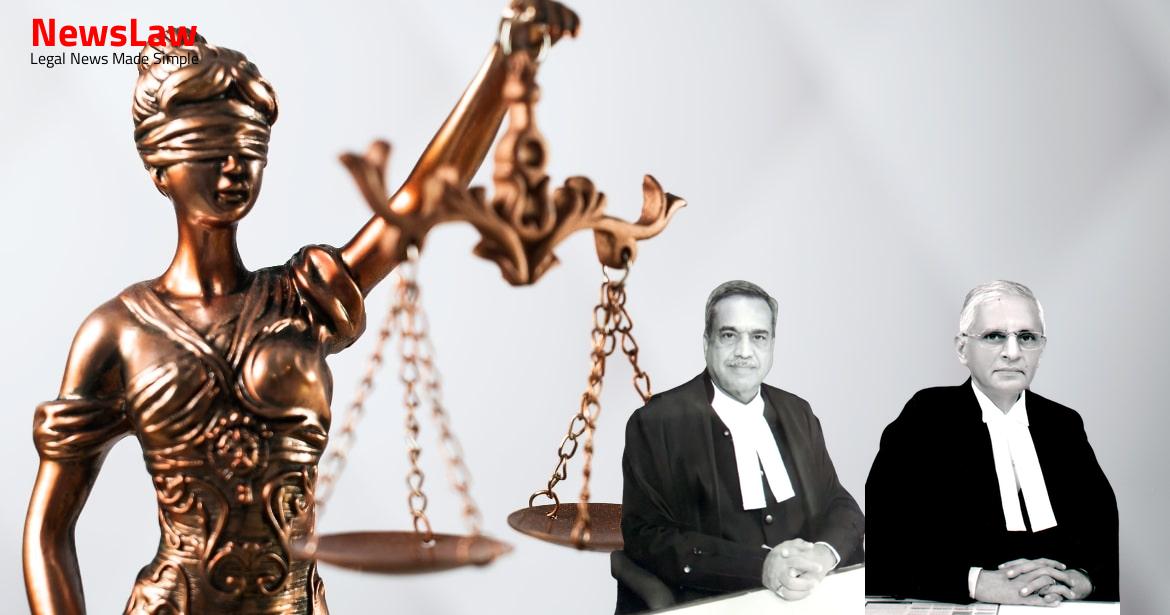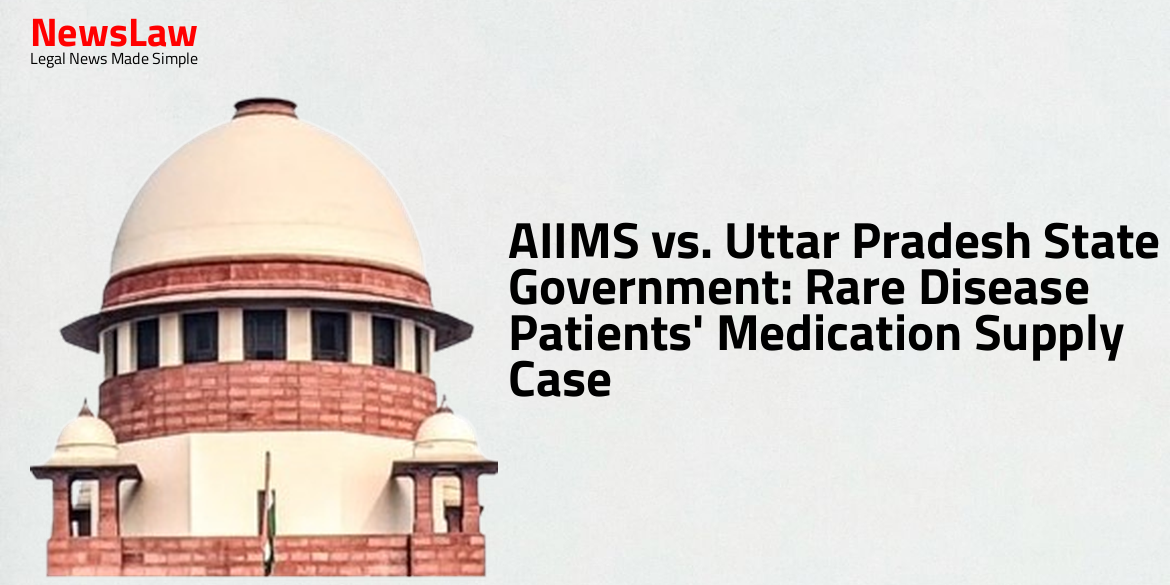In a recent legal case, the Court examined the implications of amendments to the age limits in Delhi Police recruitment rules. Emphasizing on the legal analysis provided by the Court, the complexities of age restrictions in recruitment processes were scrutinized. The judicial review focused on the rationale behind the amendments and their impact on serving personnel. Follow along for a detailed exploration of the Court’s insights into this significant legal matter.
Facts
- The appellants, who are Constables/Head Constables in Delhi Police, are governed by the Delhi Police (Appointment & Recruitment) Rules, 1980.
- Some of the appellants were promoted to the post of Assistant Sub-Inspector while the appeal was pending.
- The promotion of some appellants during the appeal process may have implications on the case.
- Qualifying years of service for serving personnel reduced from 5 years to 3 years.
- Unfilled vacancies reserved for department candidates carried forward for 3 recruitment years.
- Relaxation of upper age limit for departmental candidates for direct recruitment against Group C and D posts.
- 50% of vacancies for Sub-Inspectors (Exe.) Male filled by direct recruitment, 50% by promotion.
- LDCE for 10% reserved posts deleted, additional requirements for direct recruits to be fulfilled by serving personnel.
- Challenge to corrigendum repelled as no vested right accrued under pre-amended rules.
- Matter referred to Committee to re-examine amendments based on grievances raised by appellants.
- Committee revisit amendments under notification dated 13 March, 2013.
- Conclusion of Committee meeting held on 18 December, 2014 displayed rationale for existing age limits for departmental candidates and lack of need for modification of recruitment rules.
Also Read: Analysis of Maintenance Laws and Enforcement Procedures
Arguments
- The amendment in the upper age limit for candidates for the post of Sub-Inspector (Exe.) Male is viewed as an indirect way of eliminating serving candidates from the selection process.
- The amendment under notification dated 13 March, 2013 was challenged as irrational and lacking a nexus with the intended objective.
- The amendment hindered serving Constables, Head Constables, and ASIs from competing for the direct recruitment quota before the age of 25, indirectly eliminating them from the process.
- The High Court misdirected in holding that the amended rules gave equal opportunity to in-service candidates to compete with open market candidates against the direct recruitment quota.
- In-service candidates could not compete with open market candidates due to the age limit differences.
- The amendments were deemed arbitrary and violative of Article 14 & 16 of the Constitution by the appellants.
- The purpose of attracting meritorious persons from lower ranks to higher responsibilities was argued to not be achieved by the amendment.
- The modification of the upper age limit for departmental candidates was seen as necessary to address the shortage of young officers at the Sub-Inspectors level.
- The employer is best suited to determine the requirements a candidate must possess based on the employer’s needs and the nature of work.
Also Read: Land Ownership Dispute under Regional and Town Planning Act
Analysis
- The post shall be filled by limited department competitive tests from amongst serving Constables, Head Constables, and Asstt. Sub-Inspectors with a minimum of 3 years continuous service.
- The maximum age limit for candidates applying for the post is 30 years, with relaxation for OBC and SC/ST candidates as per norms.
- For candidates with minimum 5 years of service, the maximum age limit is 35 years, with relaxation for Scheduled Castes/Scheduled Tribes candidates.
- Educational qualifications and physical standards for the test will be the same as prescribed for direct recruitment to such posts.
- The amendment notification dated 13 March, 2013 made changes to age limits and relaxation provisions for selection processes.
- The Corrigendum dated 9 April, 2013 further clarified and implemented the changes from the amendment.
- Appellants were excluded from consideration due to being above the new age limit post-amendment.
- Appellants challenged the notification and Corrigendum before the Central Administrative Tribunal.
- The Tribunal allowed the appellants to participate in the selection process but later held that interference with the amendment was not within its jurisdiction.
- The Tribunal recognized the authority of recruiting bodies to set age limits and grant relaxations as per policy decisions.
- The Staff Selection Commission issued an employment notification for Delhi Police Sub-Inspector positions with revised age limits.
- The Court emphasized that the competence of making such policy amendments serves a public purpose and is not easily subject to judicial interference.
- There is no universal rule that vacancies must be filled based on the laws existing at the time of the vacancy.
Also Read: Legal Analysis on Compensation in Fatal Accident Case
Case Title: SUBODH KUMAR Vs. COMMISSIONER OF POLICE (2020 INSC 301)
Case Number: C.A. No.-002047-002047 / 2020



